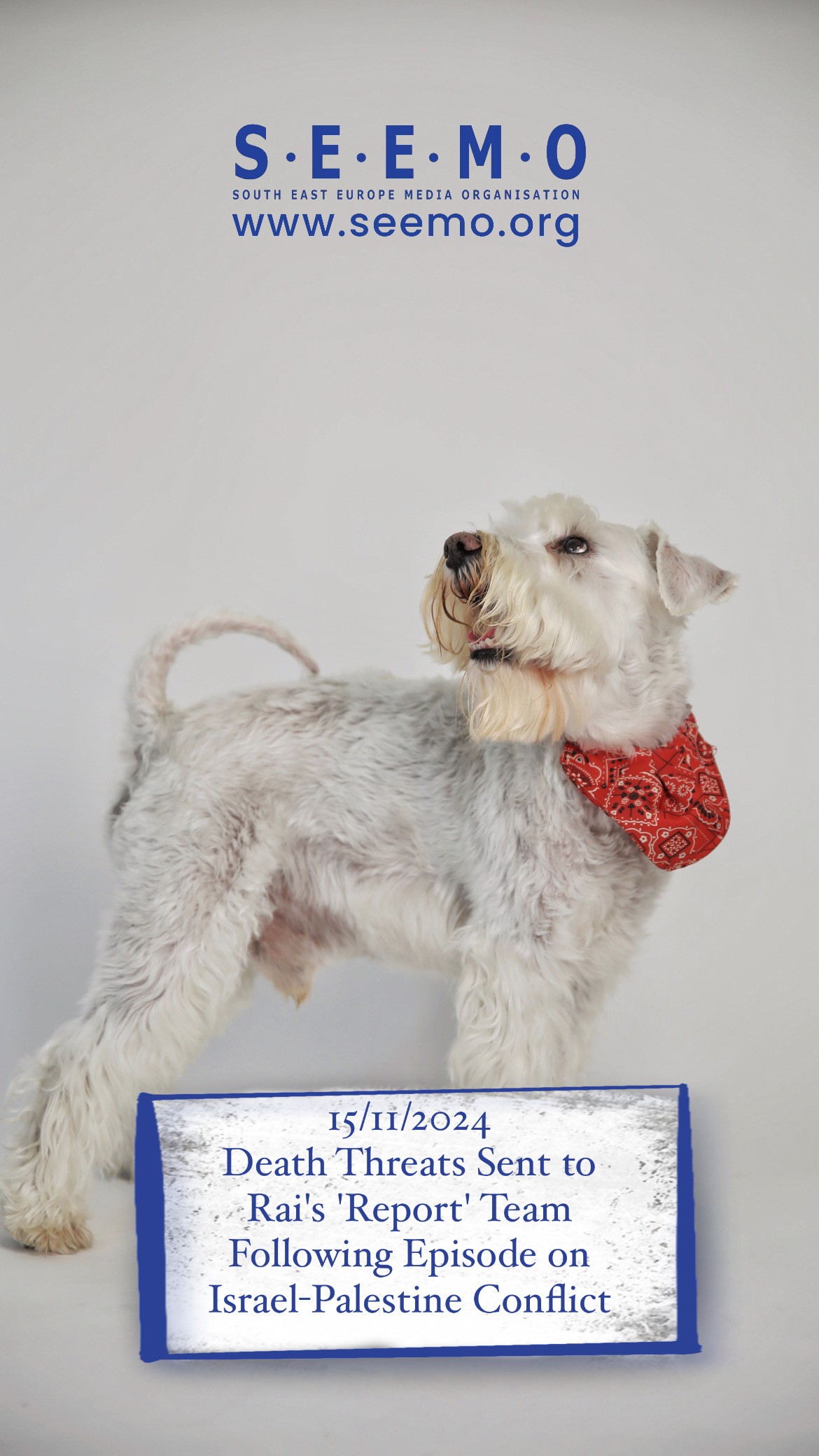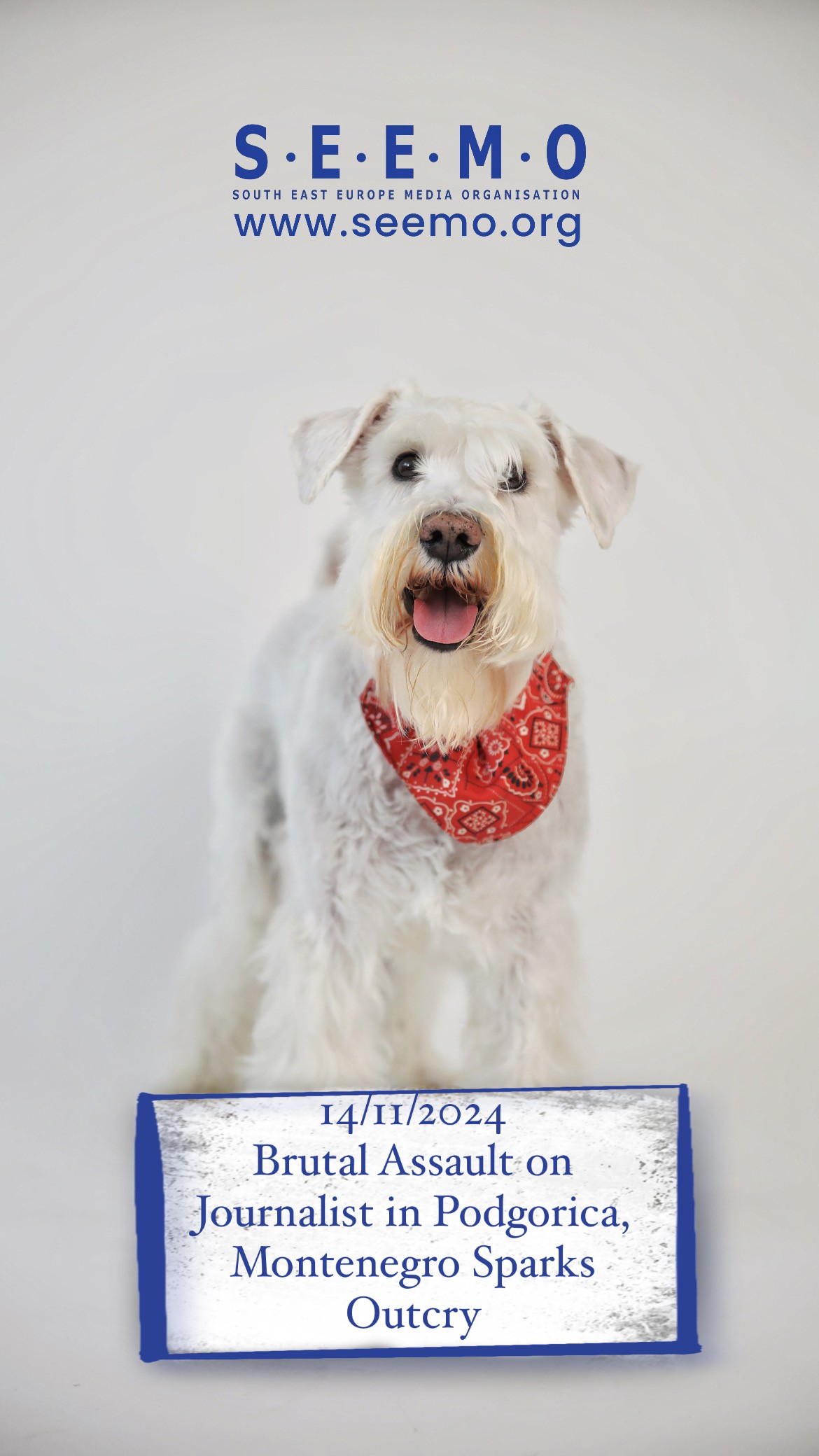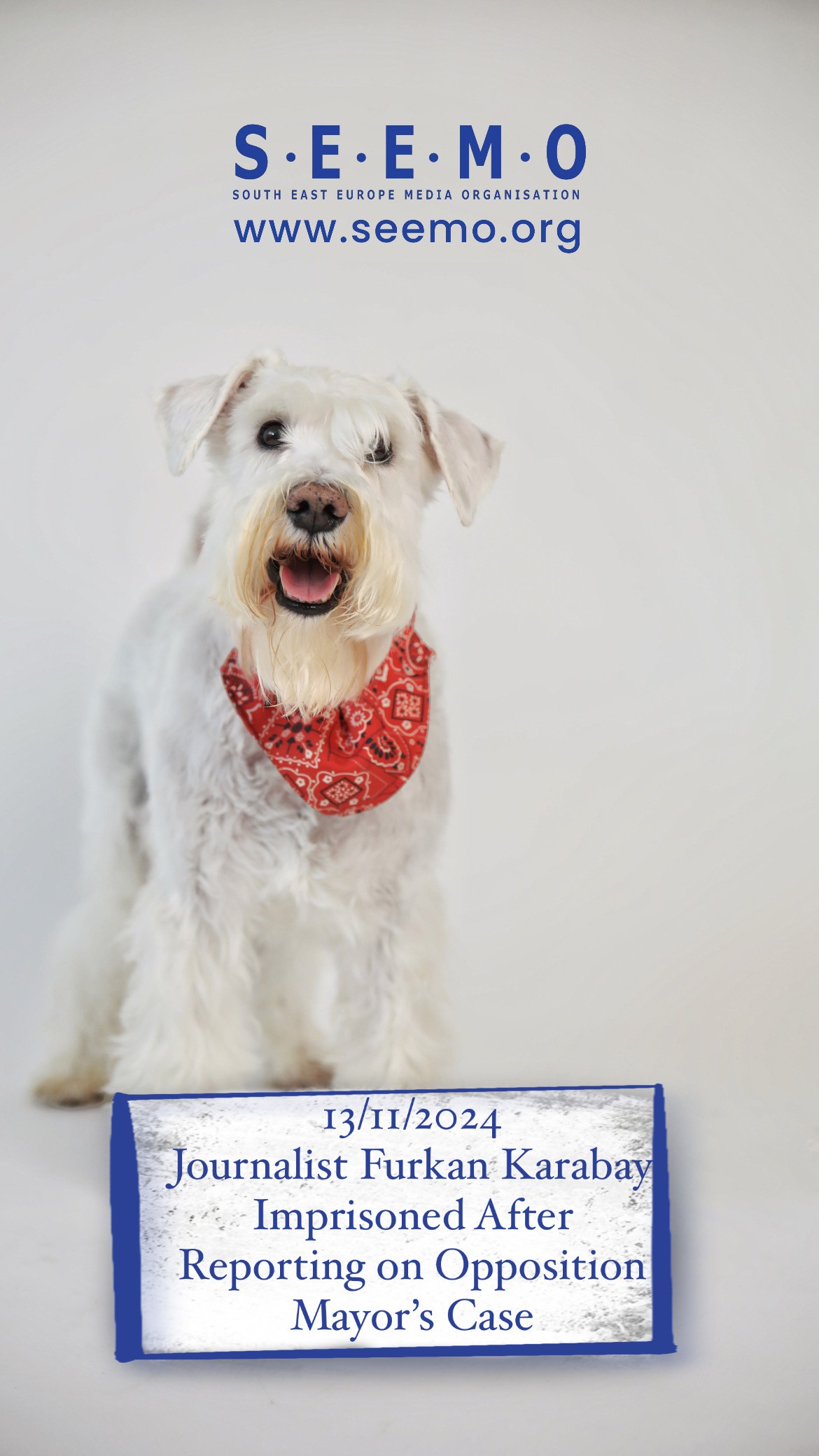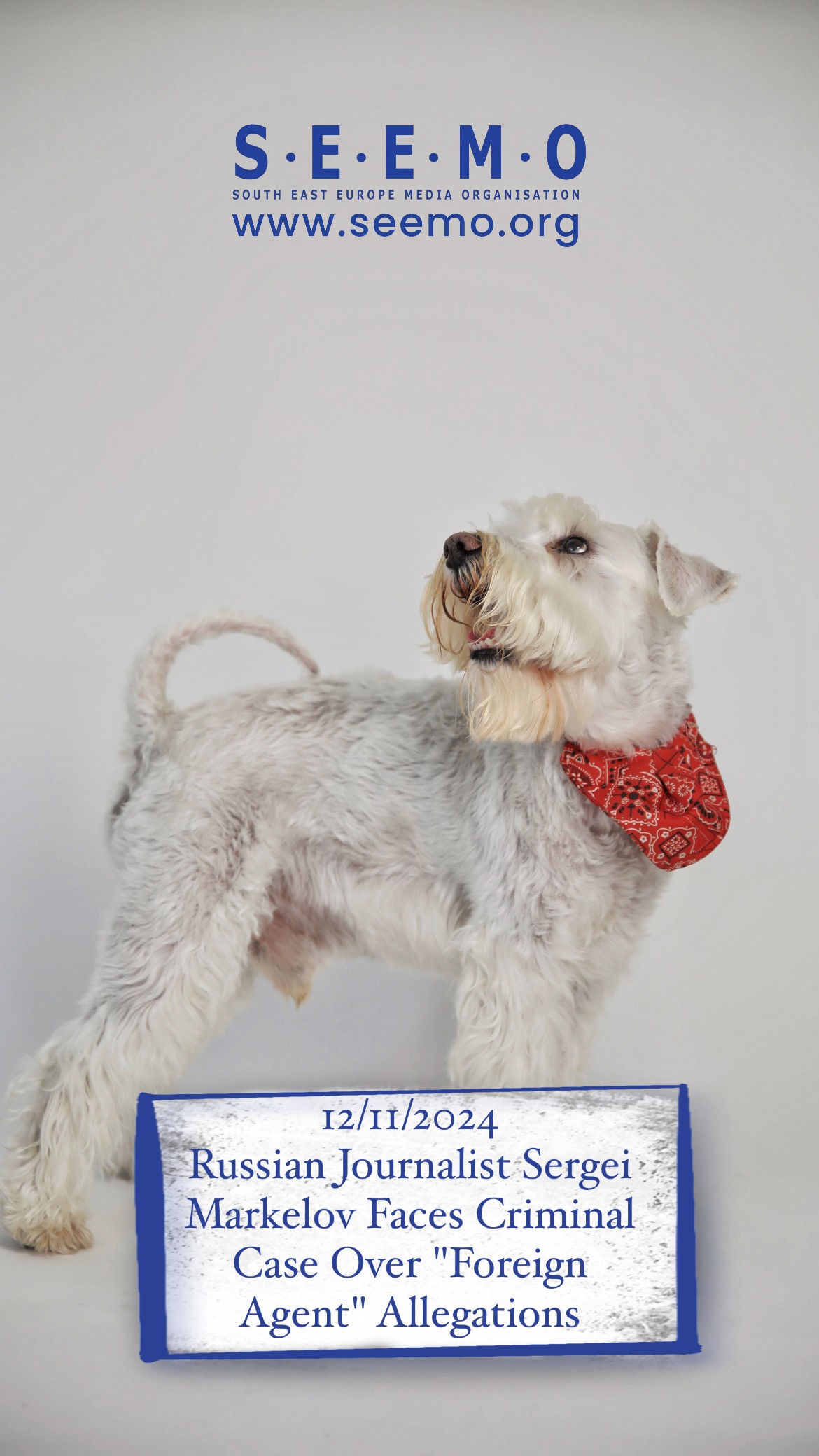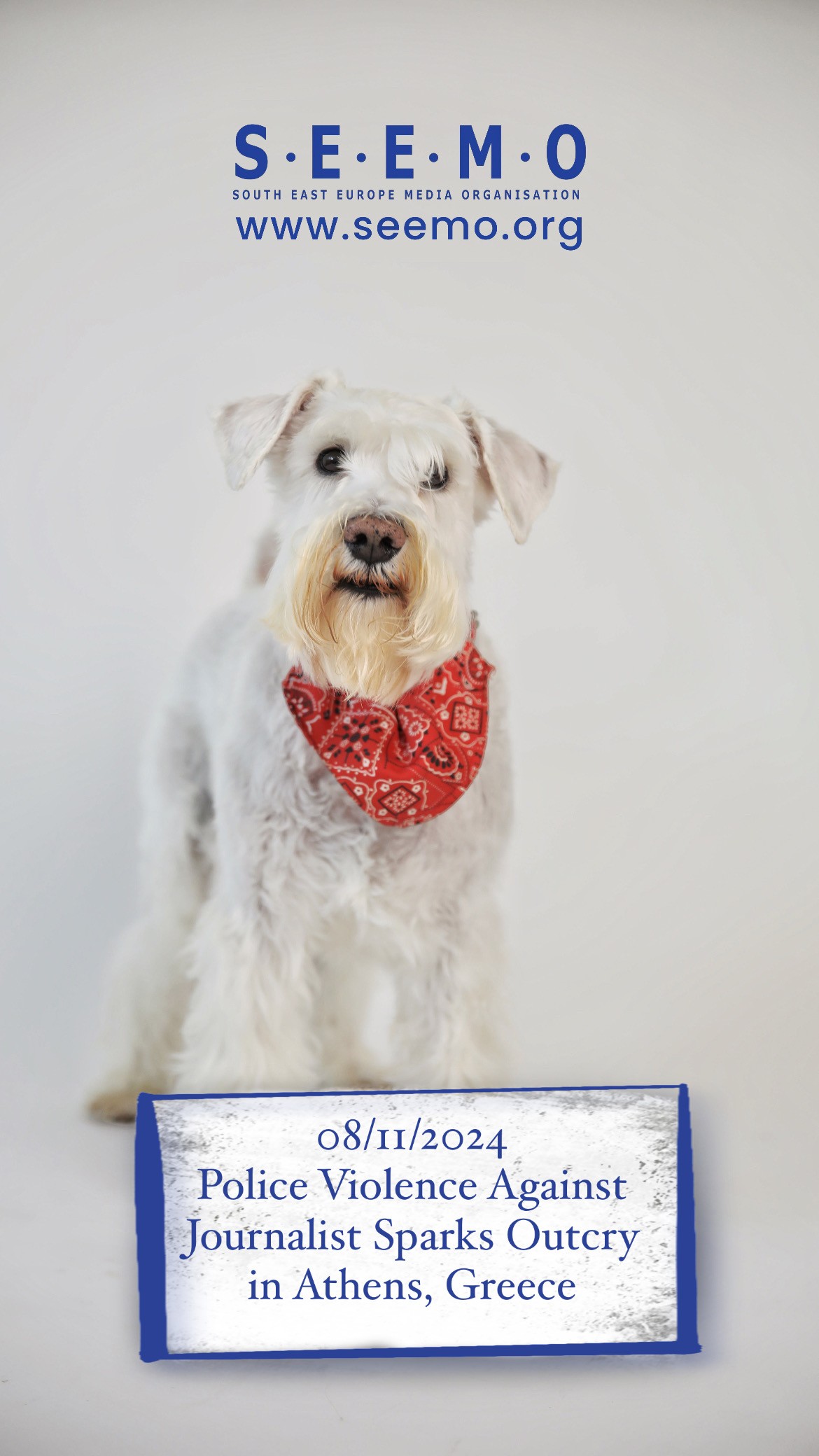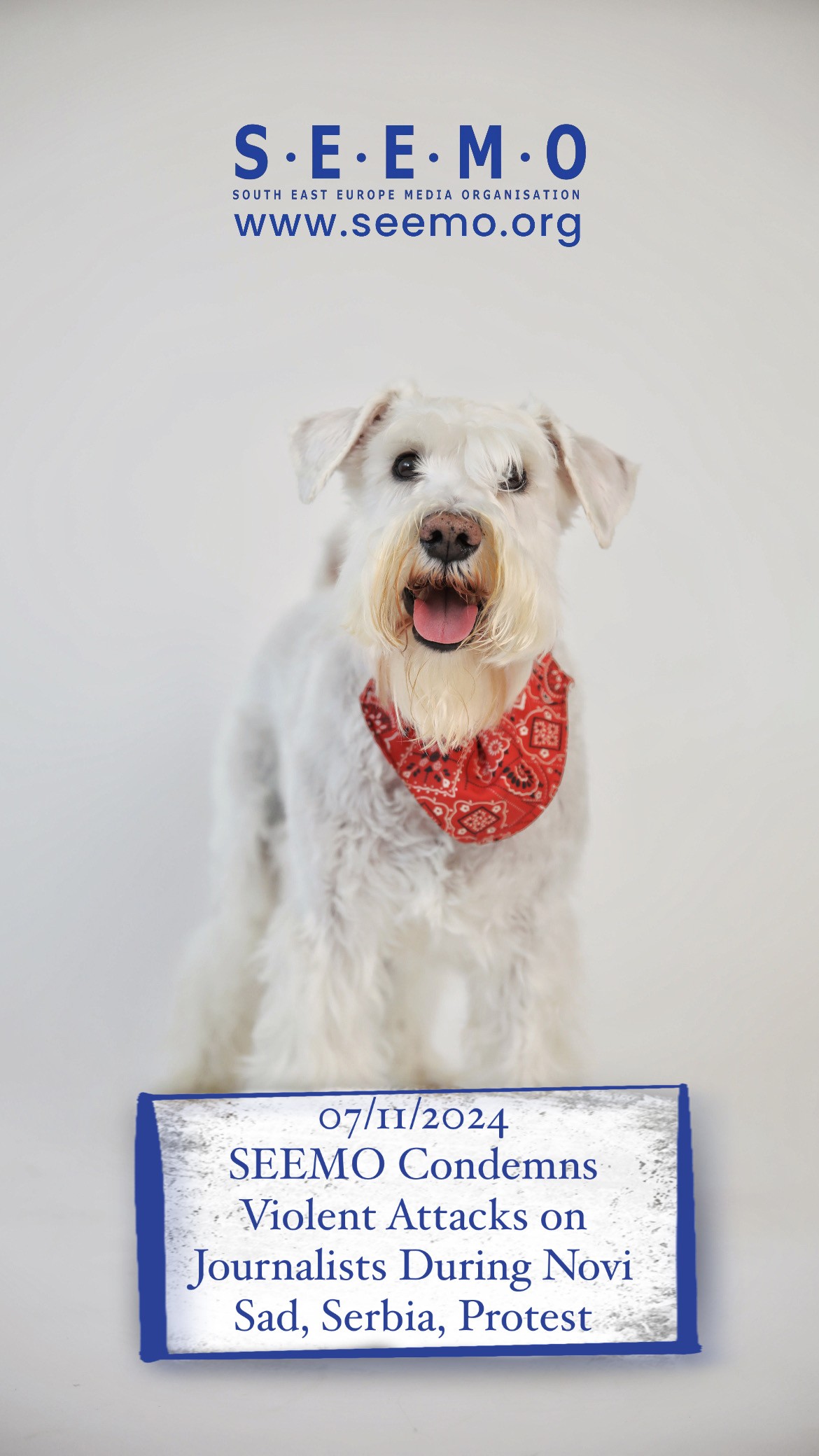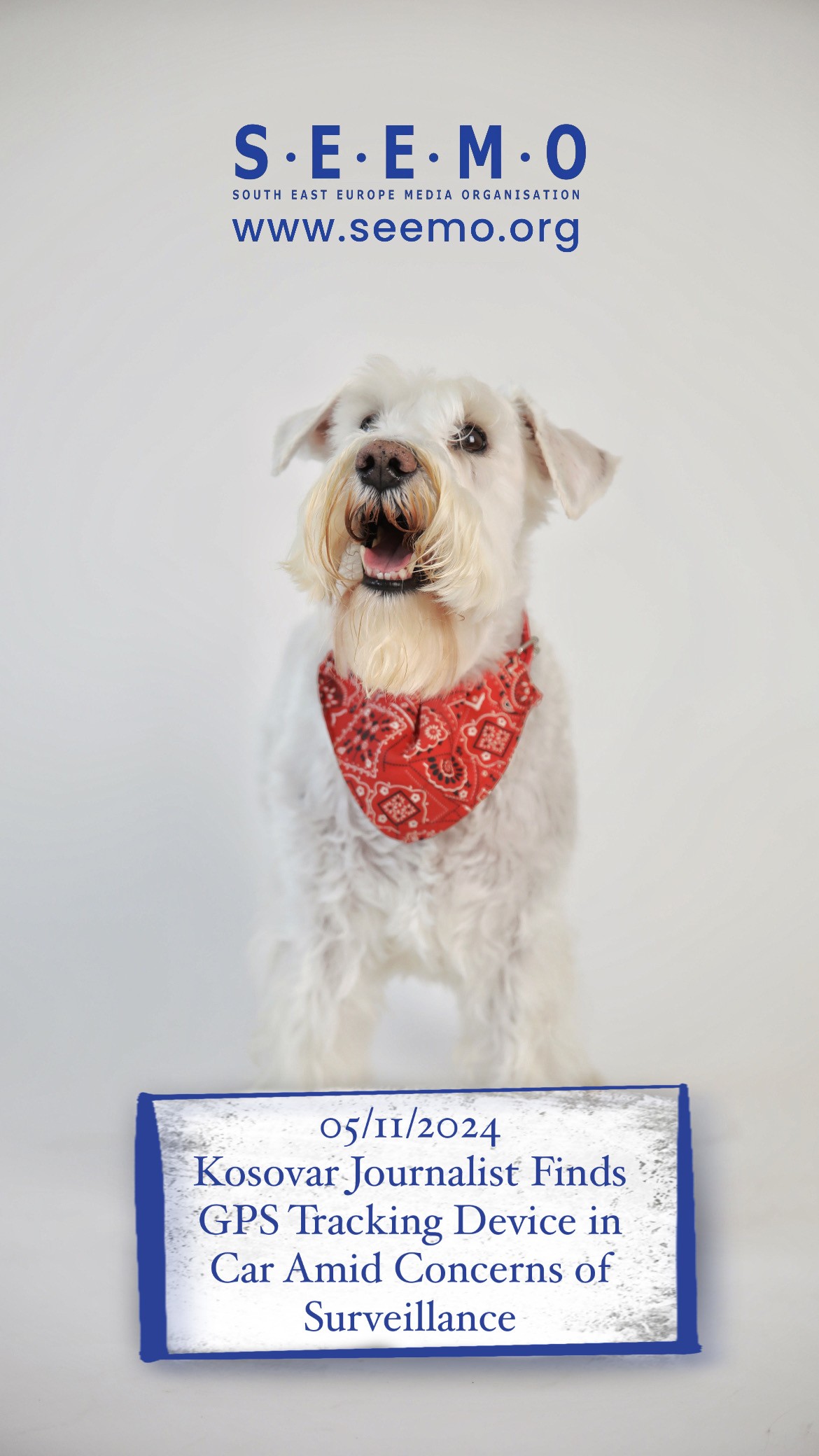The International Press Institute (IPI) and the South East Europe Media Organisation (SEEMO), today welcomed news that the last journalist imprisoned in Turkey in connection with the alleged Ergenekon coup plot case has been released and they reiterated calls for the release of 50 other journalists still behind bars in the country.
Local sources reported that journalist Turhan Ozlu emerged from the Silivri Prison today. His release caps off a dramatic week that also saw the release of a number of other individuals convicted in the Ergenekon case, including journalists Deniz Yildirim, Tuncay Ozkan, Merdan Yanardag and Hikmet Cicek, as well as academic Yalcin Kucuk.
“We are extremely pleased to hear of these journalists’ release and to learn that no more journalists are currently behind bars in connection with the Ergenekon case,” IPI Executive Director Alison Bethel McKenzie said. “However, Turkey still appears to be the top jailer of journalists in the world. We urge Turkish authorities to take this week’s progress a step further and release all journalists detained in connection with their work. We similarly call on authorities to drop criminal cases against journalists connected with their work, such as the charges presented in the OdaTV case.”
According to the European Federation of Journalists (EFJ) and the Turkish Journalists Syndicate (TGS), 50 journalists remain imprisoned in Turkey, most for alleged links to the “Press Committee” of the Kurdistan Communities Union (KCK), a group that the government labels the “urban wing” of the militant Kurdistan Workers Party (PKK). Others are behind bars for alleged connections to banned leftist or Marxist groups.
Many journalists in Turkey also continue to face potential prison time, notably those in the OdaTV case, which is named for a news website that has been fiercely critical of Turkish authorities’ pursuit of investigations into various alleged coup plots. Authorities accuse the 13 defendants in that case – who include Kucuk as well as investigative
reporter Ahmet Sik and IPI World Press Freedom Hero Nedim Sener – of having acted as the media wing of the Ergenekon plot, allegedly advancing it by questioning the government’s investigations.
The next hearing in the OdaTV case is scheduled for April 1.

